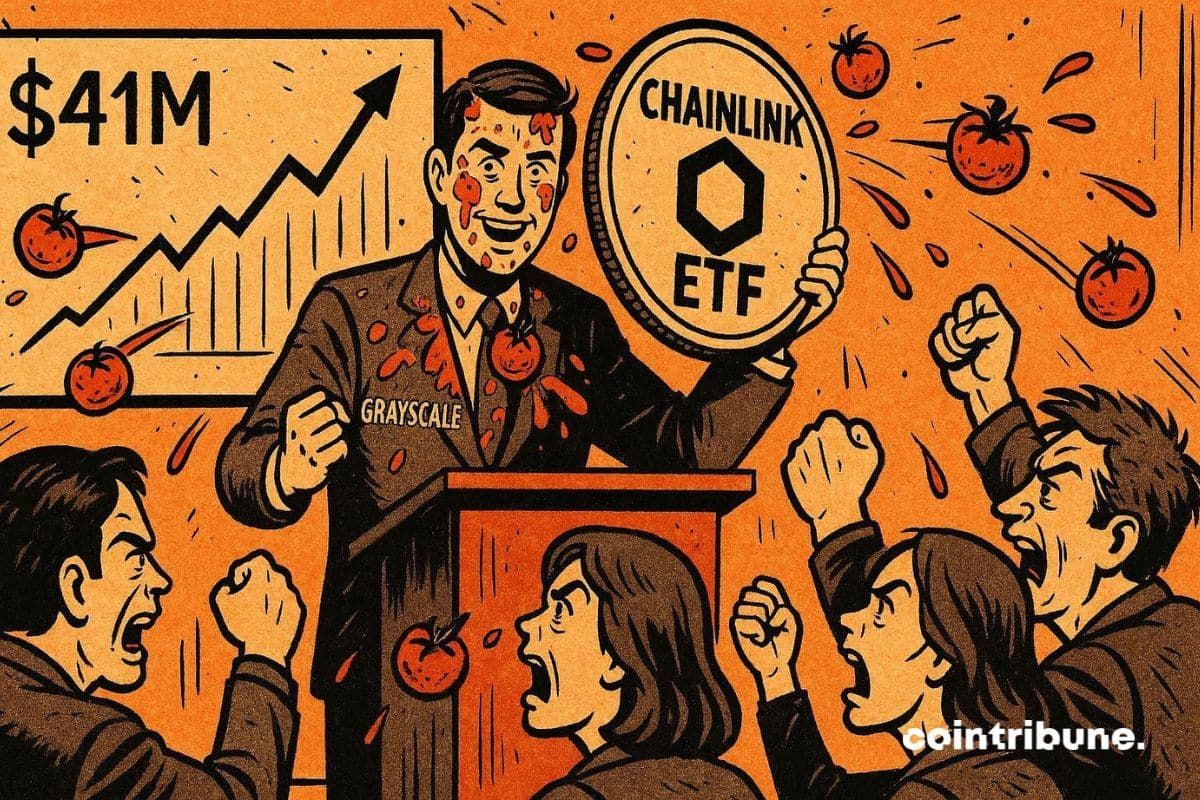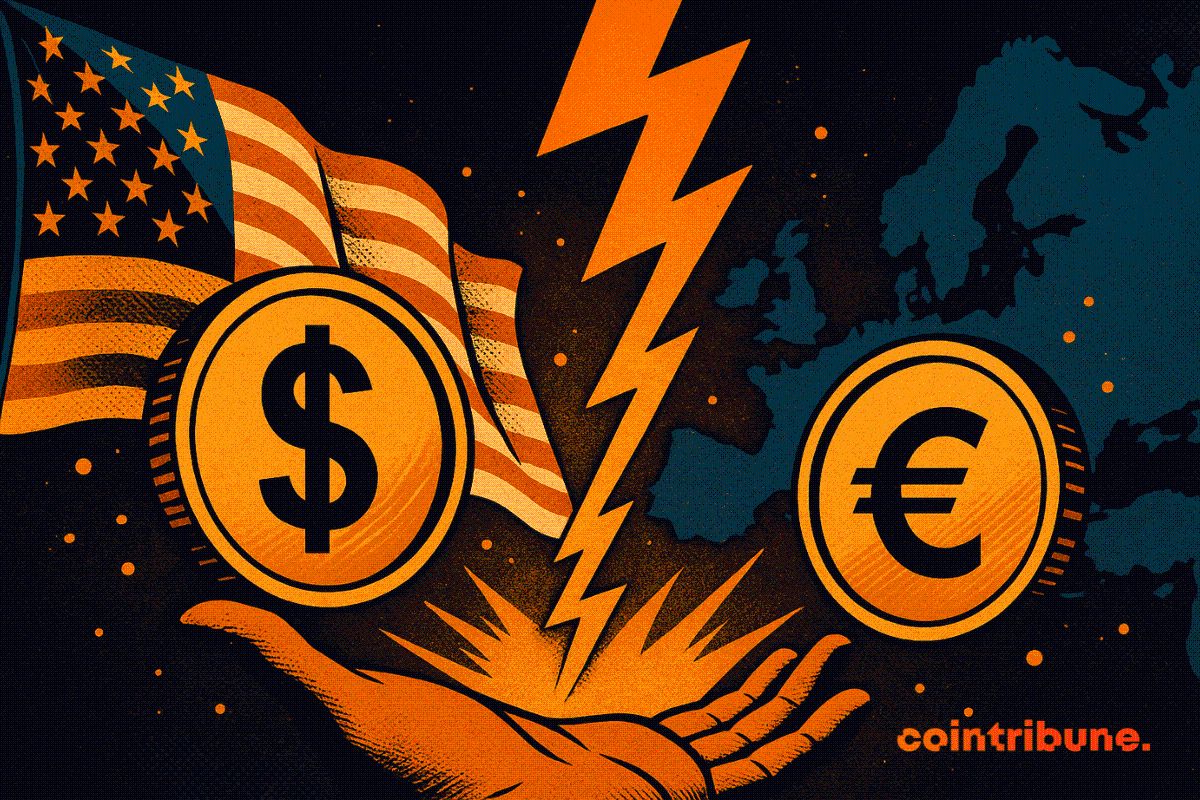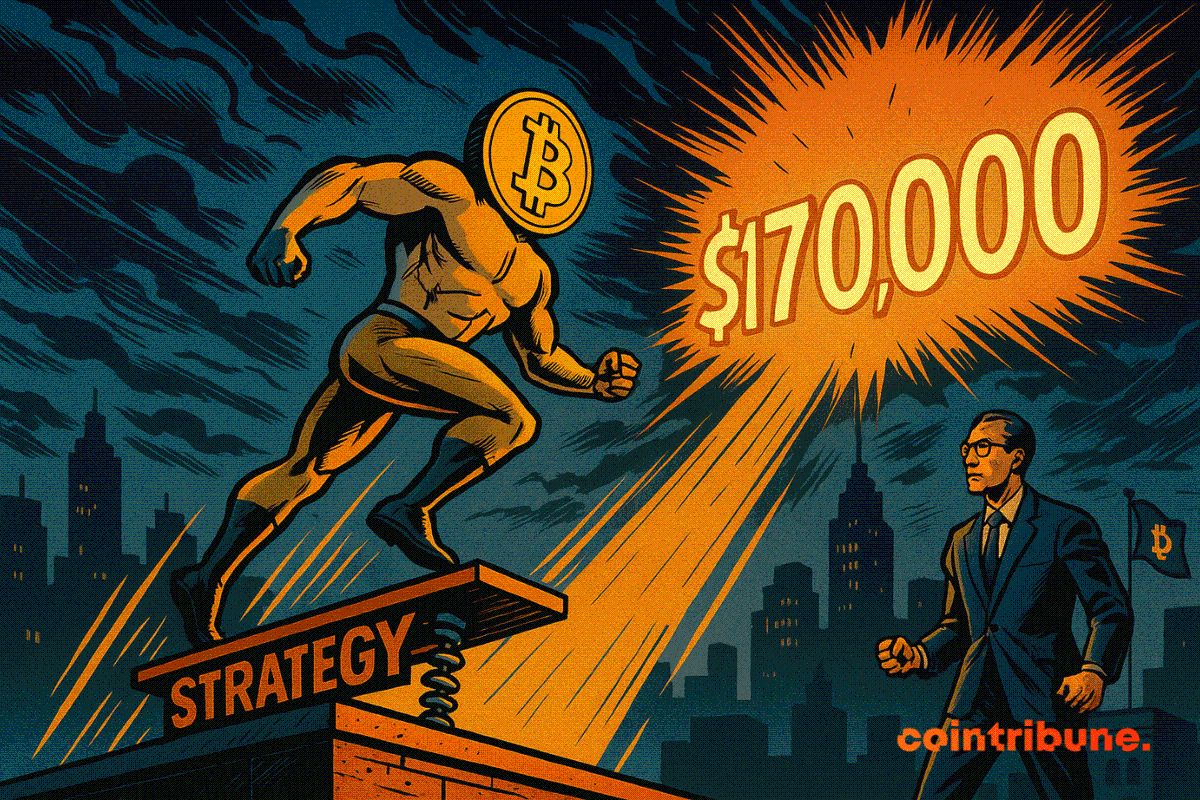The Future of XRP: Decentralized Governance and the Road to Institutional Adoption
- Ripple's XRP resolves SEC lawsuit in August 2025, gaining regulatory clarity and boosting institutional adoption. - XLS-30 AMM upgrade enhances cross-border payment efficiency, attracting banks like SBI and Santander as strategic partners. - XRP ETF applications from ProShares, Grayscale, and Bitwise signal potential billions in institutional capital inflows by October 2025. - Despite 42% supply control, XRP Ledger's governance aligns with Bitcoin/Ethereum, balancing stability with decentralization debat
In the ever-evolving landscape of cryptocurrency, the interplay between governance models and valuation dynamics has become a defining factor for investors. Ripple's XRP , once mired in regulatory uncertainty and centralization debates, now stands at a pivotal crossroads. With the resolution of the SEC lawsuit in August 2025 and the introduction of groundbreaking technological upgrades, XRP's trajectory is being reshaped by a confluence of decentralized governance principles, institutional adoption, and regulatory clarity. For investors, this represents a unique opportunity to assess XRP not just as a speculative asset but as a foundational component of the next-generation financial infrastructure.
Decentralized Governance: A Shared Challenge
Ripple's CTO, David Schwartz, has been vocal in addressing criticisms that XRP operates as a centralized system. While the company retains 42% of the XRP supply, the governance mechanics of the XRP Ledger (XRPL) are functionally aligned with those of Bitcoin and Ethereum . Forks—mechanisms for implementing rule changes—apply universally across major blockchains, though markets typically consolidate value into a single dominant chain. This reality underscores a critical nuance: decentralization does not inherently eliminate governance risks. Any blockchain, regardless of its perceived decentralization, is susceptible to rule changes enforced by majority consensus.
Schwartz's remarks highlight a broader truth: the governance of public blockchains is inherently community-driven. While Ripple's escrow mechanism (which releases tokens in fixed monthly increments) stabilizes supply, critics argue that centralized ownership grants disproportionate influence. However, this controlled supply model also mitigates volatility, a key consideration for institutional investors prioritizing predictability.
Institutional Adoption: Bridging Traditional and Digital Finance
Ripple's strategic partnerships with financial giants like SBI Holdings, Santander , and Standard Chartered have cemented XRP's role as a bridge asset for cross-border payments. The XLS-30 AMM upgrade, launched in 2025, has further enhanced liquidity and trading efficiency, reducing pre-funding requirements for banks and accelerating settlement times. These advancements are not merely technical—they represent a paradigm shift in how traditional financial institutions interact with blockchain technology.
The surge in XRP ETF applications, including ProShares' 2x XRP futures ETF and pending spot ETF proposals from Grayscale and Bitwise, signals a tipping point. With approval decisions expected in October 2025, these products could unlock billions in institutional capital, mirroring the inflows seen in Bitcoin and Ethereum ETFs.
Regulatory Clarity: A Catalyst for Growth
The SEC's August 2025 ruling, which classified XRP as a non-security in secondary markets, has been a game-changer. This legal clarity has not only reduced litigation risks but also spurred adoption among regulated entities. For investors, the resolution of this long-standing dispute removes a major overhang, allowing XRP to be evaluated on its utility and governance merits rather than its legal status.
However, regulatory environments remain dynamic. Investors must monitor developments in jurisdictions like the EU and Japan, where compliance frameworks for stablecoins and payment tokens are still evolving.
Strategic Investment Considerations
For those considering XRP, the current landscape offers a compelling case for strategic entry or position reinforcement:
1. ETF-Driven Liquidity: The potential approval of XRP ETFs in October 2025 could catalyze a surge in demand, particularly from institutional investors seeking exposure to blockchain-based payment solutions.
2. Utility-Driven Value: XRP's role in cross-border payments is expanding, with its cost efficiency and speed making it an attractive alternative to traditional SWIFT systems.
3. Governance Resilience: While centralized ownership remains a point of debate, the XRP Ledger's functional similarity to other major blockchains and its escrow mechanism provide a degree of stability.
Conclusion: A New Era for XRP
Ripple's journey in 2025 reflects a maturation of the XRP ecosystem. The interplay of decentralized governance, institutional adoption, and regulatory clarity has positioned XRP as a critical player in the global financial transformation. For investors, the key lies in balancing the risks of centralized ownership with the tangible benefits of XRP's utility and technological advancements. As the asset moves closer to mainstream acceptance, strategic allocation to XRP—particularly through ETF vehicles—could offer a hedge against the volatility of traditional markets while capitalizing on the growing demand for efficient, blockchain-enabled payment solutions.
In a world where the lines between traditional finance and digital assets blur, XRP's unique position as a bridge asset makes it a compelling addition to a diversified portfolio. The question is no longer whether XRP can thrive in a decentralized world, but how quickly it will be embraced by the institutions shaping the future of finance.
Disclaimer: The content of this article solely reflects the author's opinion and does not represent the platform in any capacity. This article is not intended to serve as a reference for making investment decisions.
You may also like
Alphabet’s TPUs Emerge as a Potential $900 Billion Chip Business

Ethereum Loses 25% of Validators After Fusaka: The Network Nears a Critical Failure

US Stablecoin Rules Are Splitting Global Liquidity, CertiK Warns

JPMorgan Sees Bitcoin Reaching $170K if Strategy Holds Firm
